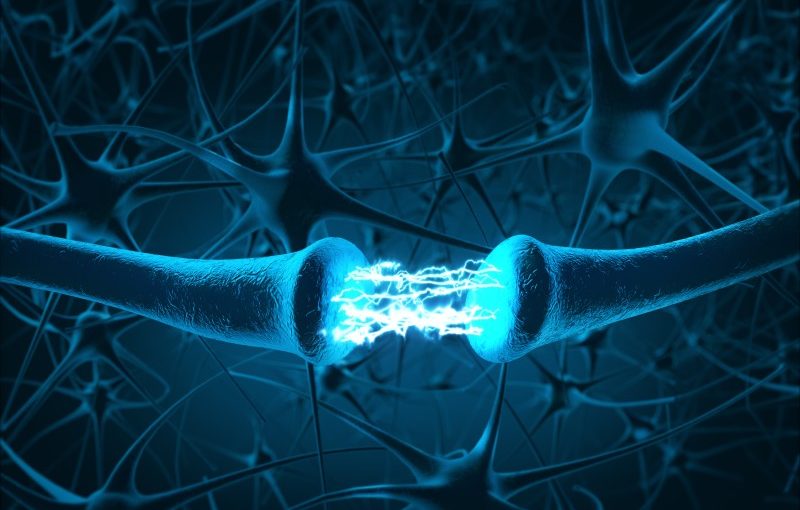Courage with which it is possible for us to overcome our fear, to be able to go new ways, to trust ourselves, to overcome our own limits, to live our own convictions, to be authentic, to master life, to grow personally, in short, to live in our personal courage zone.
Courage is something different for everyone.
It means taking a risk to achieve a goal that is valuable to oneself. Therefor the proportionality plays an important role.
The relative proportionality of the risk compared to the value of the goal is based on the subjective assessment of the person taking or observing the action. Actions that are considered courageous by all are usually those where everyone agrees that the risk is significant, and the goal is valuable.
Courage plays a special role in times of crisis or challenging situations to overcome them.
If you like to reflect what the meaning of courage is to you, feel free to use the thought flower.



